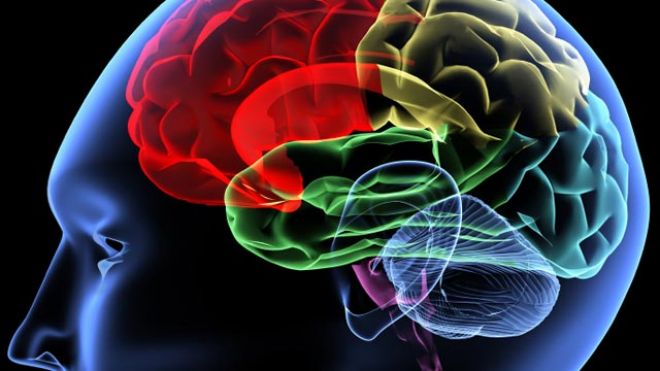
Surgical anesthesia’s impact on the brain has long been debated, and even anesthesiologists have admitted the effects of these drugs on humans is not clearly understood. “Anesthetics have been somewhat of an enigma; nobody knows how they really work, and we basically use them in thousands of patients every day,” study author Dr. Andreas Loepke, a physician and researcher in the department of anesthesiology at the Cincinnati Children’s Hospital Medical Center, told FoxNews.com. Concerns have been raised among anesthesiologists like Loepke over previous research indicating that exposure to anesthesia may increase the rate of cell death in the brains of young animals. And now, a new study in mice published in Annals of Neurology indicates that anesthesia seems to kill off younger neurons more often than older neurons – regardless of the age of the animal.  Researchers have not yet studied the impact of anesthesia on human brain cells. “You can’t section a human brain,” Loepke said. “…But if it were occurring in humans, we would predict that anesthetics affect neurons in patients of all ages.” Loepke and his colleagues examined the rates of cell death in the brains of mice exposed to anesthesia for six hours. They focused particularly on the dentate gyrus region of the brain, which helps control learning and memory. “We found something very interesting, in that cell death occurred in the spot where the dentate gyrus forms new neurons,” Loepke said. The root cause and impact of anesthesia-related cell death is unknown, and the study’s authors said more research needs to be done.   “During development, (we) form twice as many neurons as we need as an adult. The brain needs to be pruned back to properly function,” Loepke said. “So it’s currently unknown whether anesthesia kills neurons that would have been eliminated anyways from the brain or neurons later needed for vital function.”   Loepke added that human studies of older adults have indicated that some people do experience memory problems after undergoing anesthesia, which can be short-term or long-term.  Whether this is caused by anesthesia or by the body’s reaction to pain or surgery remains unclear. “The need for surgery could be a marker for these problems occurring – (or the) inflammatory response to the body from the surgery. These have all been found to alter neurons,” Loepke said. Loepke and his colleagues hope to go on to study the effect of anesthesia in humans using magnetic resonance imaging (MRI) scans. But until more research is done, Loepke urged people not to worry too much. “Patients need to make sure they get the surgery they need, because putting off the surgery could put you at more risk (than the anesthesia),” Loepke said.source : http://www.foxnews.com/health/2013/06/05/more-research-needed-on-anesthesias-impact-on-brain-study-shows/
